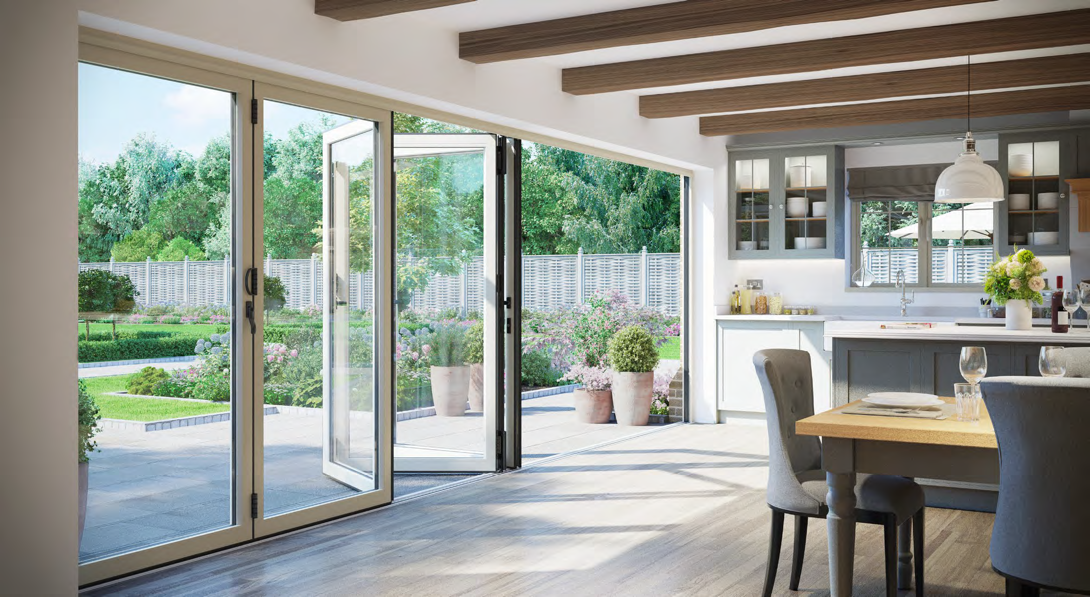
The Comprehensive Guide to Residential Window Installation
Windows are more than simply openings in the walls; they play a vital role in the looks, energy performance, and comfort of a home. Whether you're changing old windows or setting up new ones, understanding the ins and outs of residential window installation is essential for property owners. This post supplies a thorough overview, including types of windows, the installation process, costs, and frequently asked concerns.
Kinds Of Residential Windows
Before diving into the installation process, it is crucial to comprehend the types of windows readily available. Each type offers distinct advantages, features, and designs. Here are a few typical kinds of residential windows:
| Type | Description | Advantages |
|---|---|---|
| Single-Hung Windows | Features a fixed upper sash with a movable lower sash. | Economical and simple to operate. |
| Double-Hung Windows | Both sashes are operable, enabling versatility in ventilation. | Improved air flow and easy cleansing options. |
| Casement Windows | Hinged at the side and opens external, providing exceptional ventilation. | Excellent energy performance and unblocked views. |
| Sliding Windows | Features two or more sashes that slide horizontally. | Easy to open and close, ideal for bigger spaces. |
| Awning Windows | Hinged at the top and opens external, enabling ventilation even in rain. | Secures interior from rain while permitting airflow. |
| Bay and Bow Windows | Extends external from the home, creating a nook and improving aesthetic appeals. | Includes area, light, and visual interest. |
Comprehending these ranges will make it simpler to pick windows that meet both energy efficiency and visual needs.
The Installation Process
Installing windows in a residential setting involves numerous actions. Here's a comprehensive overview:

1. Preparation
- Procedure Window Openings: Accurate measurements are crucial to ensure the new windows fit correctly.
- Pick the Right Windows: Select window types and styles that complement the home's architecture and fulfill efficiency requirements.
2. Removal of Old Windows
- Remove Interior Trim: Gently pry off the trim around the window to expose the frame.
- Detach the Window Sashes: If applicable, eliminate the sashes by cutting away any caulking or paint seals.
- Get rid of the Frame: Cut through fasteners holding the window frame, then thoroughly remove the entire unit.
3. Preparation of the Opening
- Check and Repair: Check for any damage to the surrounding wall or structure and repair as essential.
- Add Insulation: Install insulation to enhance energy effectiveness and lessen drafts.
4. Installing the New Window
- Position the Window: Place the new window into the opening, guaranteeing it is level and square.
- Secure the Window: Anchor the window in place using screws or nails.
- Look For Proper Operation: Before sealing, test the window to ensure it opens and closes easily.
5. Sealing and Finishing
- Insulate and Fill Gaps: Use foam insulation to fill spaces between the window frame and the wall.
- Caulk: Apply exterior caulk around the boundary of the window to seal against water infiltration.
- Reinstall Trim: Once everything is protected and dry, re-install the interior trim to finish the appearance.
6. Last Inspection
- Ensure that all setups are practical, and perform a final look for gaps or drafts.
Cost Considerations
The cost of residential window installation can differ widely based upon a variety of aspects including window type, size, labor charges, and product options. Here is a streamlined breakdown of prospective expenses:
| Type of Window | Average Cost (Including Installation) |
|---|---|
| Single-Hung | ₤ 300 - ₤ 700 |
| Double-Hung | ₤ 400 - ₤ 800 |
| Sash | ₤ 500 - ₤ 1,000 |
| Sliding | ₤ 300 - ₤ 900 |
| Bay and Bow | ₤ 1,000 - ₤ 3,000 |
Elements Affecting Costs
- Material: Vinyl windows are normally more economical than wood or fiberglass options.
- window Installation Reviews Features: Custom sizes, energy-efficient glazing, and additional functions will increase price.
- Professional vs. DIY: Hiring professionals can assure quality but might add substantially to costs.
Regularly Asked Questions (FAQs)
1. What is the very best time to install windows?
- Spring and early fall are ideal for window installation because of moderate temperature levels and lower humidity, which make sure optimum conditions for sealing and treating products.
2. Can I set up windows myself?
- While experienced DIY house owners can manage installation, working with a professional makes sure appropriate installation and guarantee defense.
3. How do I keep my windows after installation?
- Routine check-ups, cleaning up tracks, using suitable window cleaners, and checking for drafts can extend the lifespan of your windows.
4. What are energy-efficient windows?
- Energy-efficient windows include products and innovations created to reduce heat transfer and minimize energy costs. Look for ENERGY STAR scores for guarantee.
5. The length of time does window installation take?
- Setting up a standard-sized window usually takes 30 minutes to an hour. Bigger jobs may take a complete day or more, particularly for several windows.
Understanding the complexities of residential window installation can help property owners make informed choices, ensuring their homes stay comfortable, energy-efficient, and aesthetically enticing. Whether choosing for professional services or embarking on a DIY task, proper preparation and execution will substantially improve the home's overall worth and function. Choosing the right kind of windows, following a systematic installation procedure, and thinking about long-lasting upkeep will cause enduring benefits for any homeowner.
